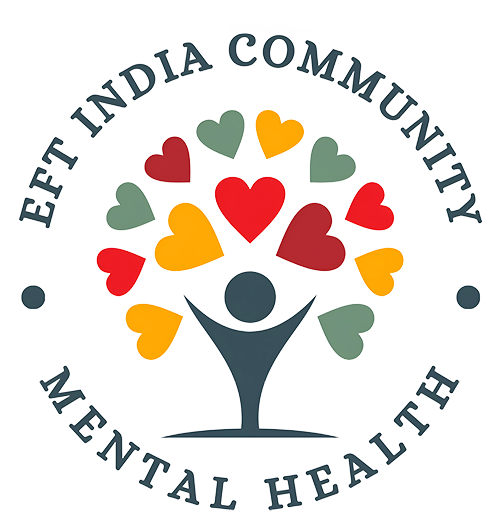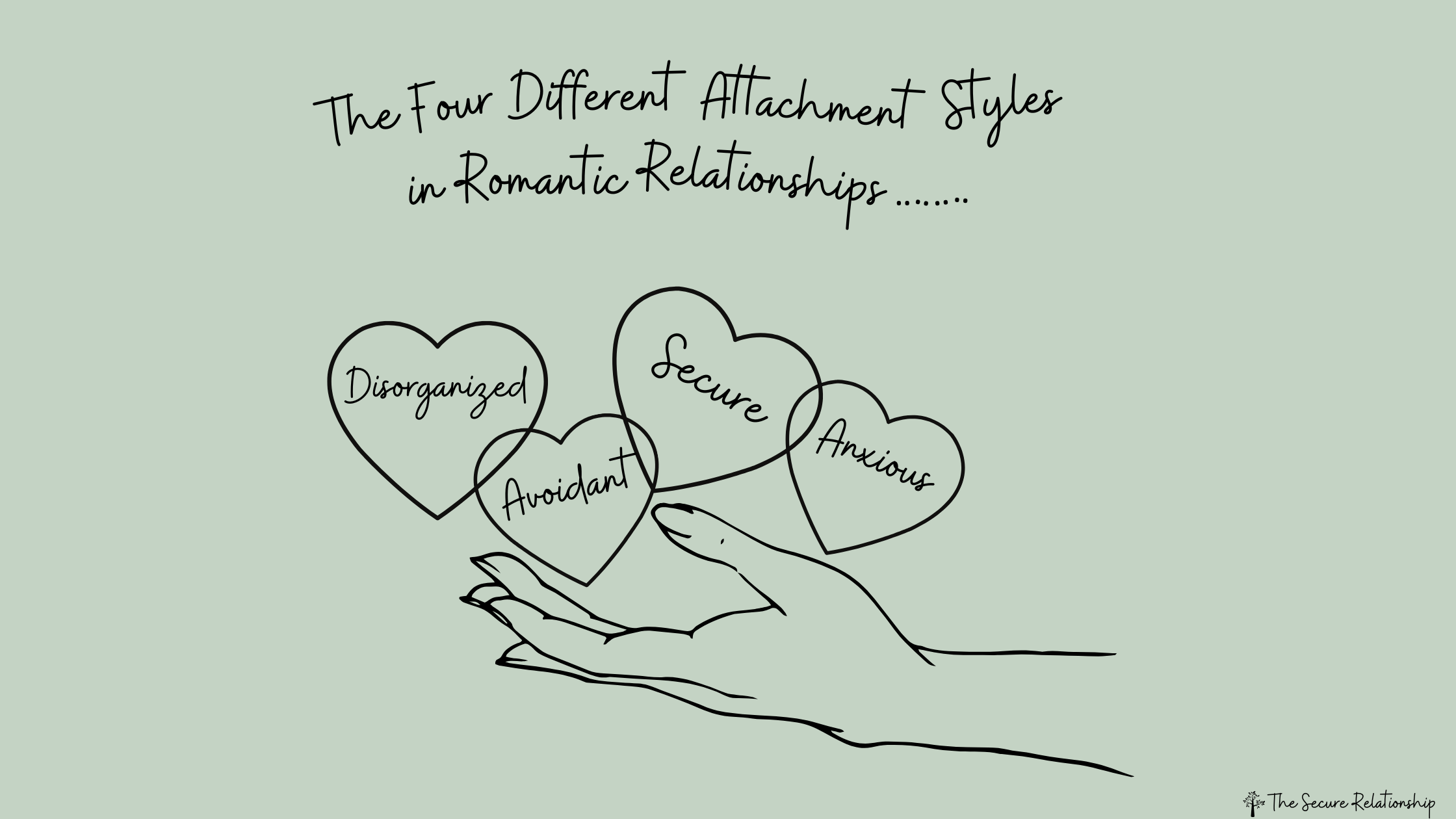“Do I have to explain my identity to my therapist again?”
If you’re a queer couple seeking therapy, this question might feel all too familiar. Finding affirming, non-pathologizing support that sees and values you — not just your “issues” — is crucial.
Emotionally Focused Couple Therapy (EFCT), developed by Dr. Sue Johnson, offers more than just tools for conflict resolution. Rooted in attachment science, it’s an evidence-based model that affirms love in all its forms. Increasingly, therapists are recognizing that EFCT naturally aligns with queer affirmative therapy — and, when done with cultural sensitivity, it can be deeply healing for LGBTQIA+ couples, especially in collectivistic cultures like India.
What is Emotionally Focused Couples Therapy and Why is It Different?
EFCT is a short-term, structured approach to couple therapy based on adult attachment theory. It focuses on helping partners understand their emotional needs, recognize the patterns of disconnection, and create safe emotional bonds.
Core EFCT principles include:
- Love as an attachment bond — regardless of gender or orientation
- Emotional safety as the foundation for vulnerability
- Restructuring negative cycles of interaction with compassion and clarity
According to research by Johnson et al. (2019), EFCT has shown high success rates (70–75%) across diverse populations, including same-gender and queer couples (PubMed link).
How EFCT Naturally Supports Queer Affirmative Practice
A queer affirmative approach in therapy involves:
- Validating diverse identities and experiences
- Recognizing the impact of systemic oppression
- Creating space for clients to show up as their full selves
Here’s how EFCT supports that:
- EFCT Centers Emotional Safety
For many queer couples, the therapeutic space can feel unsafe due to bias or microaggressions. EFCT’s first stage focuses on building a safe alliance — not just between partners but with the therapist. This creates a secure base where deeper issues around identity, family rejection, and internalized shame can surface and be held.
- It Deconstructs Shame Through Attachment Lenses
Rather than pathologizing behaviors or identities, EFCT views relational distress through the lens of unmet attachment needs. This reframing is crucial for queer clients who have often been told their needs are “too much” or “invalid.”
“In EFCT, we’re not just fixing fights — we’re healing the wound of not feeling seen.” — Dr. Sue Johnson
- Inclusive of Chosen Family and Diverse Relationship Models
EFCT is flexible. It can be applied to:
- Non-monogamous relationships
- Trans-affirming partnerships
- Queer couples navigating societal or familial invalidation
The therapist’s task is to understand the couple’s unique emotional system, not fit them into a heteronormative box.
EFCT in the Indian and South Asian Context
In cultures where collectivism, parental influence, and silence around sexuality are common, queer couples may struggle with:
- Lack of familial support
- Pressure to conform
- Secrecy and isolation
EFCT allows therapists to explore how these dynamics impact the couple’s emotional cycle — without judgment.
For example:
A gay couple in Mumbai may constantly fight over one partner “withdrawing.” Through EFCT, the therapist helps them uncover how fear of parental rejection leads to emotional shutdown, not lack of love.
EFCT gives language to what’s unspoken in many Indian queer relationships.
Research-Backed Benefits of EFCT for LGBTQIA+ Couples
- Greenman & Johnson (2021): Found that same-gender couples showed comparable outcomes to heterosexual couples using EFCT.
- Furrow et al. (2020): Demonstrated EFCT’s adaptability across culturally diverse and marginalized populations.
Link to APA on LGBTQ+ Affirmative Therapy
Takeaways for Queer Clients and Therapists
If you’re a queer client:
- EFCT can help you feel understood and seen without needing to educate your therapist
- You’ll learn to recognize emotional patterns rooted in past and cultural trauma
- Therapy will affirm your identity while strengthening your bond
If you’re a therapist:
- EFCT offers a structured, non-pathologizing lens for working with LGBTQIA+ clients
- You’ll become more attuned to subtle attachment injuries specific to queer identities
- Training in EFCT can help you provide safer, more impactful therapy — especially in India, where access to affirming care is still growing.
Want to Learn More or Join Our Upcoming Training?
At EFT India, we’re committed to making Emotionally Focused Therapy accessible, inclusive, and grounded in real, lived experiences. Whether you’re a queer client looking for support or a therapist seeking to grow, this model can deeply transform your relationships and your work.
👉 Join our next EFCT training in June (link)
👉 Book a session or get matched with a queer-affirming EFCT therapist (link)
Let’s create a world where every kind of love feels secure.




